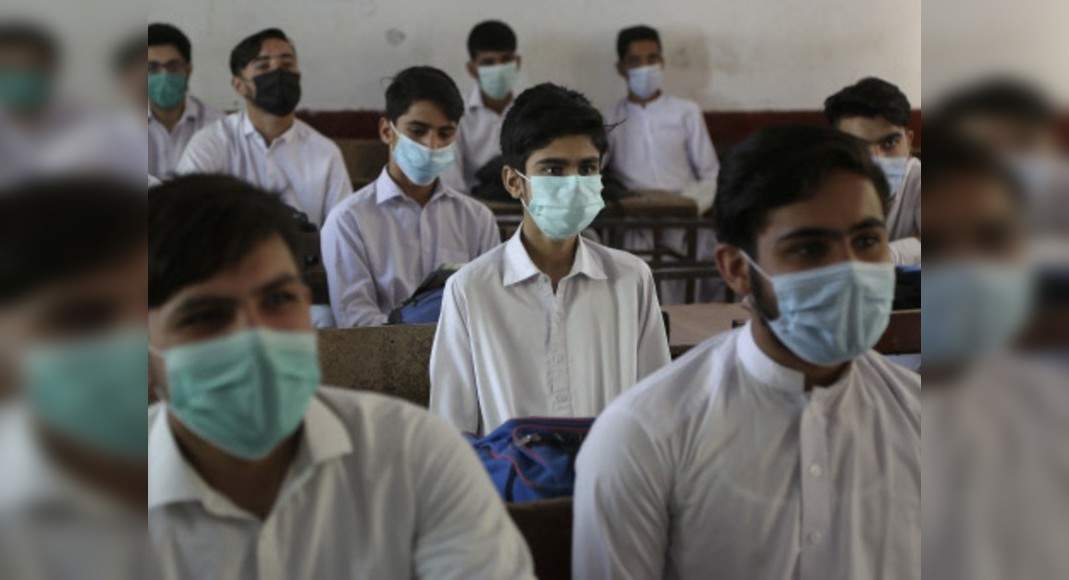MUMBAI: Altering the structure of India’s most popular professional programme by clearing the clutter of exams, private institutes are making BTech a six-year-long course, enrolling candidates after Class 10 and offering a life-time package deal: “freedom-from-all-competitive-exams”.
And given that Class 10 exams have been cancelled because of the pandemic, engineering admissions in several places are taking place based on ninth grade scores.
The traditional four-year engineering course mandates entry based on Class 12 grades and scores of tough tests, like the JEE and the state CET.
The new version of the engineering programme is either structurally a three-plus-three model or a two-and-four format.
And classes are running packed this year.
MIT-World Peace University, which launched the programme this year, reasoned the popularity to the “assurance of an engineering seat”.
“Once a student is admitted after Class 10, they are saved from the trauma of Class 12 exams, CET scores and then finding a college,” said registrar Prashant Dave.
“This programme uses the alternative route to get the BTech degree.
There is a lot of stress among students who have to give multiple exams for engineering.
The university offers diploma.
We don’t follow the state’s polytechnic curriculum or exams,” explained Seema Shah, director, six-year BTech programme at NMIMS.
Autonomous private universities charge a hefty fee for the course.
Amit Patel of Gujarat’s Ganpat University said, “After three years, the student gets a diploma and at the end of six years the candidate is awarded BTech degree.
Students spend all six years in technical education which makes them better engineers.” But does the student take admission into a polytechnic and join the engineering college in year two laterally? “No.
We have set up a separate Institute of Technology which offers a six-year programme.
Both the diploma and the degree are awarded by the university,” added Patel.
Former AICTE chairman, S S Mantha said, “Universities can give diplomas, degrees and certifications.
That seems to be the provision that these universities are exploiting.”







